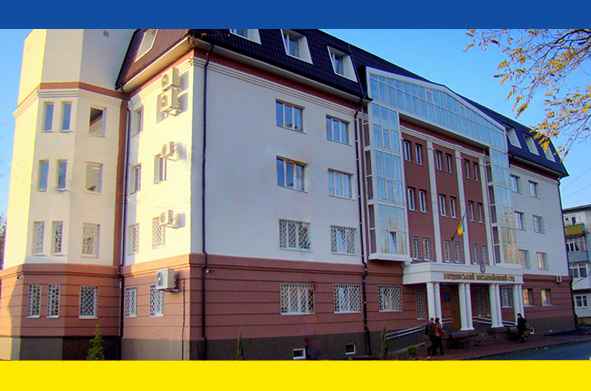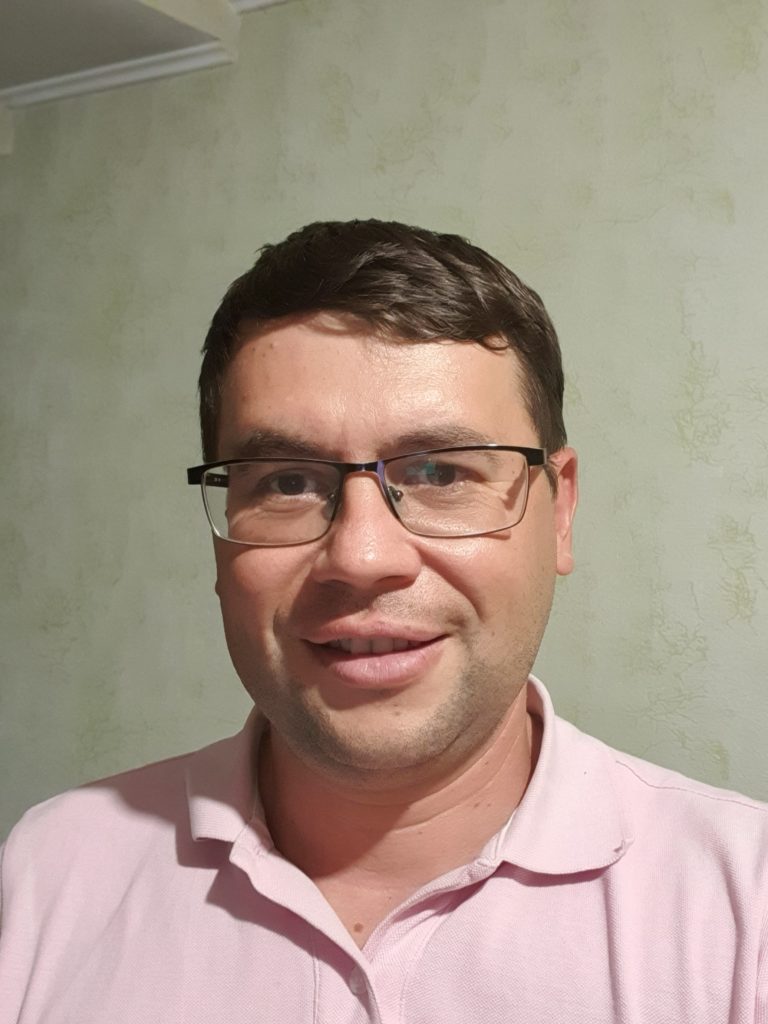Legal Scholar with Stetson Ties Writes About Justice in Wartime Ukraine

Dmitriy Kamensky first came to Stetson Law as a Fulbright Visiting Scholar in 2015 interested in studying white collar crime. The Ukraine native ultimately published an article in the Stetson Law Review in 2016 and another in the Mississippi College Law Journal.
He returned to campus as a visiting professor in 2017 and 2019 and taught an introductory course in comparative criminal law that examined the similarities and differences between criminal law in the U.S. and European countries, namely Ukraine and Germany.
Currently in an undisclosed location, Kamensky has seen the extensive toll of Russia’s invasion of Ukraine close up. He recently wrote about the impact it’s having on day-to-day functioning of the justice system in Ukraine for the latest edition of Los Angeles Lawyer.
His article, titled “Ukraine’s Court System Operating Despite Bombardment,” looks at the resilience Ukraine’s justice system has shown amid the violence: “the country’s judicial system,” Kamensky writes in the article’s opening paragraph, “is still functioning, albeit in emergency mode.”
The courts’ ability to do so varies by region.
In communities experiencing heavier violence, appellate and local courts have completely ceased to function.
At the time of his writing, he notes, about one fifth of the country’s appellate and local courts are not currently functioning, and dozens of Ukraine’s 777 courthouses have been badly damaged, if not destroyed. Kamensky even shared a photo of extensive damage to his own office that resulted from shelling.
Judges and courthouse staff in these areas have been relocated to other areas and carry out their work remotely.
One major challenge, Kamensky writes, is the handling of incarcerated individuals and those in custody awaiting legal proceedings – but many of the tools that helped keep the justice system moving during the height of the Covid-19 pandemic are proving useful in these circumstances.

“Such challenges in the temporarily controlled jurisdictions are met with the use of digital tools, e.g., court video- and audio-conference systems, electronic document filing, and e-signing within the new nationwide E-Court system (a web-based platform for the convenience of case parties and court members),” Kamensky writes.
Even as they operate under duress, he notes, judges are donating half their salaries to Ukraine’s defense efforts, and those working within the country’s justice system remain committed to carrying out their important work.
“Even in the face of hostilities, stress, and mounting pressures, the national courts are going beyond their limits to deliver justice to those who deserve it – ordinary Ukrainian citizens on the ground in this conflict,” he writes.
Kamensky’s work was accompanied by a piece written by Ukrainian Supreme Court Justice Mykola Mazur on the current state of the country’s Supreme Court operations.
The original article appears in the June 2022 edition of Los Angeles Lawyer, a publication by the Los Angeles County Bar Association. Read the full article here.
Post date: July 1, 2022
Media contact: Kate Bradshaw
[email protected] | 727-430-1580